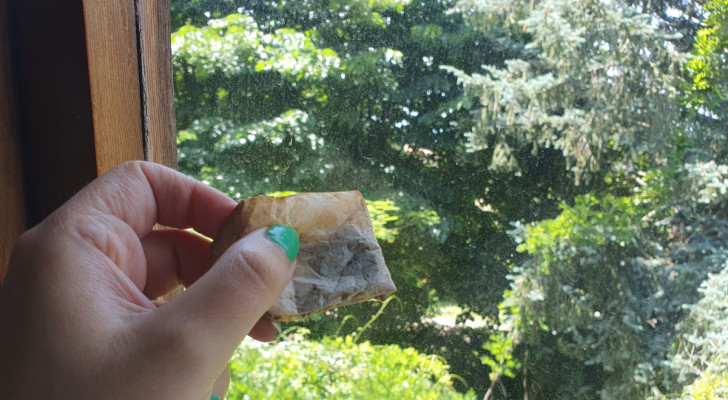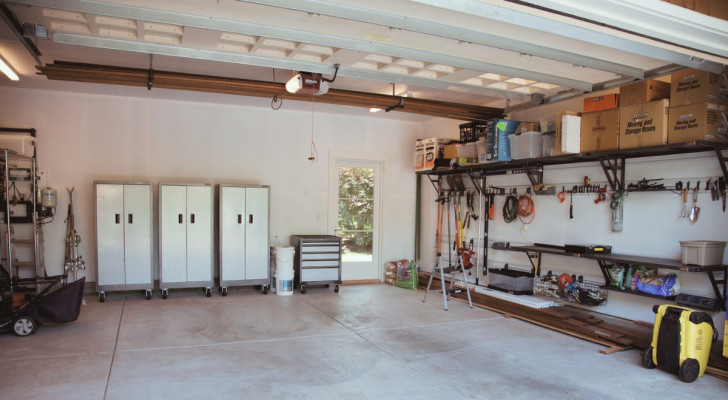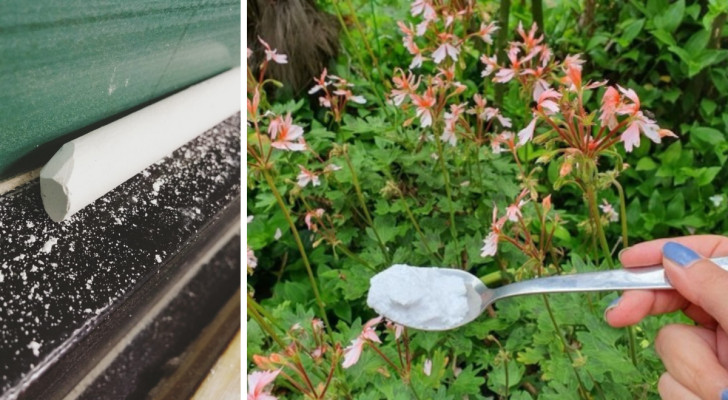Does turning off radiators in empty rooms save money or not? How to optimize your power consumption
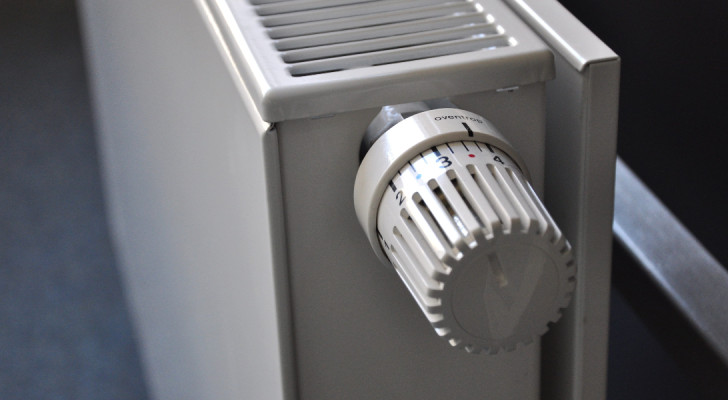
wallpaperflare.com
The approach of winter and the return of cold temperatures means turning on the heating systems again to keep our homes nice and toasty.
But with skyrocketing power bills these days, we're strongly encouraged to look for ways to save money and, amongst these, turning off the radiators in empty/less frequently used rooms is common practice, especially for those who have large houses. But is it really worth turning off some radiators in the house? Well, let's examine this proposition below:
Turning off radiators that you don't use: the advantages
Turning off radiators in rooms that are rarely used is a practice that can save you up to 7% on power bills because:
- by avoiding heating rooms that you do not use, you are heating a smaller area, with a consequent reduction in consumption;
- the radiators that are left on will benefit from an increased flow of hot water, which will increase their energy efficiency.
The correct temperature
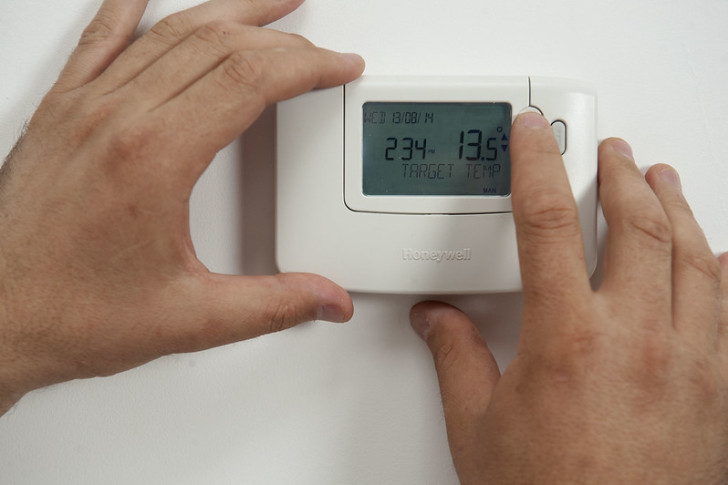
CORGI Home Plan/Flickr
Setting the correct temperature is another important measure to ensure that your power bills do not get out of hand. And reaching this ideal temperature can be accelerated by turning off radiators in unused rooms (described above).
Set your thermostats' temperature to between 19 and 20 degrees C: this will be sufficient for you to stay comfortably warm indoors and without any excessive power consumption.
Other useful tips for making savings
You can also implement other measures to heat your home while saving on consumption costs:
- keep the temperature constant during the day, avoiding wide temperature fluctuations to reduce the operating time of the system;
- avoid covering/blocking the radiators with furniture, plants or bulky objects to allow for better heat diffusion;
- avoid drying laundry on/directly above the radiators.
Alternative ways of getting warm
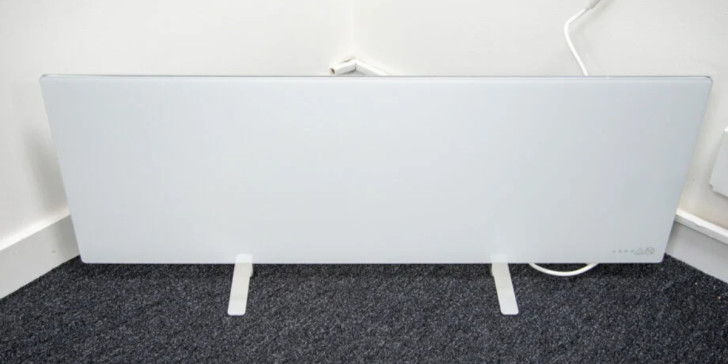
trustedreviews.com
A final piece of advice is to consider using alternative heating methods by carefully evaluating the need to turn on the entire heating system throughout the house.
If you know that you will be staying in a particular room for a long time, you can heat up this area using one of the following:
- a pellet or wood stove;
- electric heaters with infrared panels, which allow for better energy efficiency;
- air conditioners.
What other tips do you know of to reduce energy consumption and save on heating bills?
